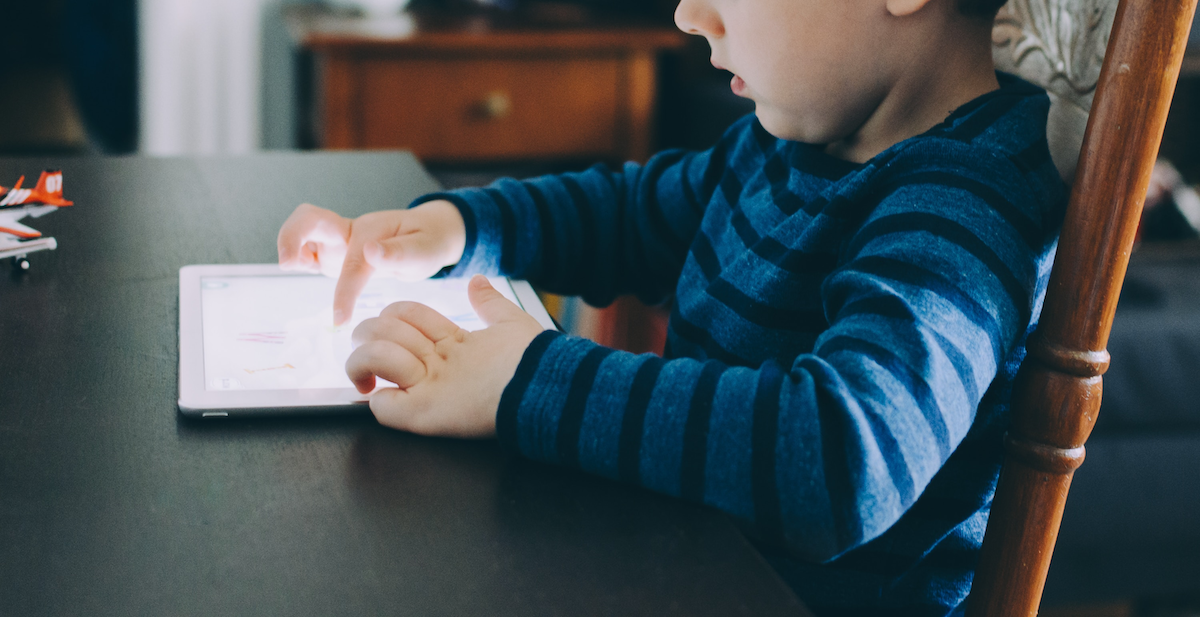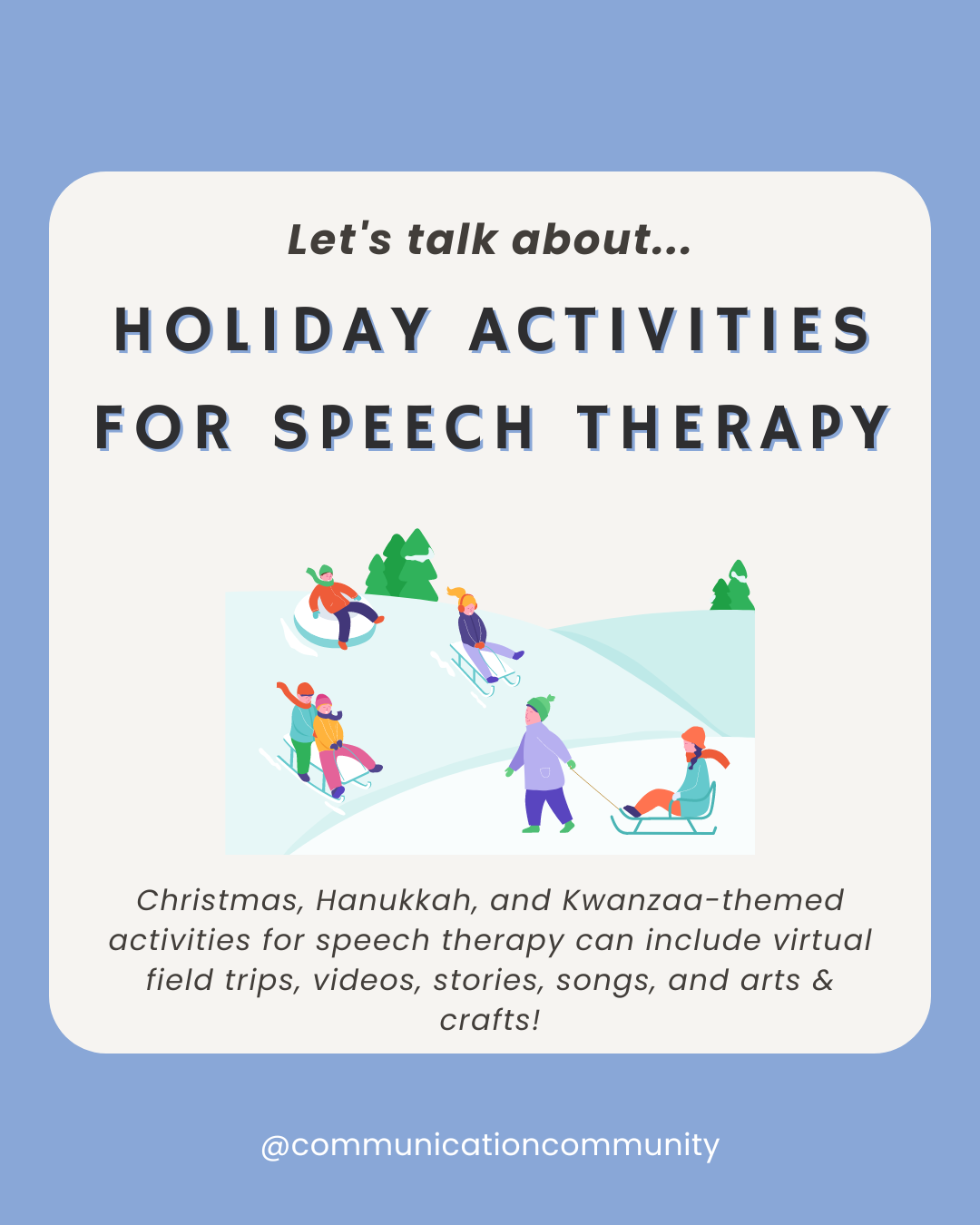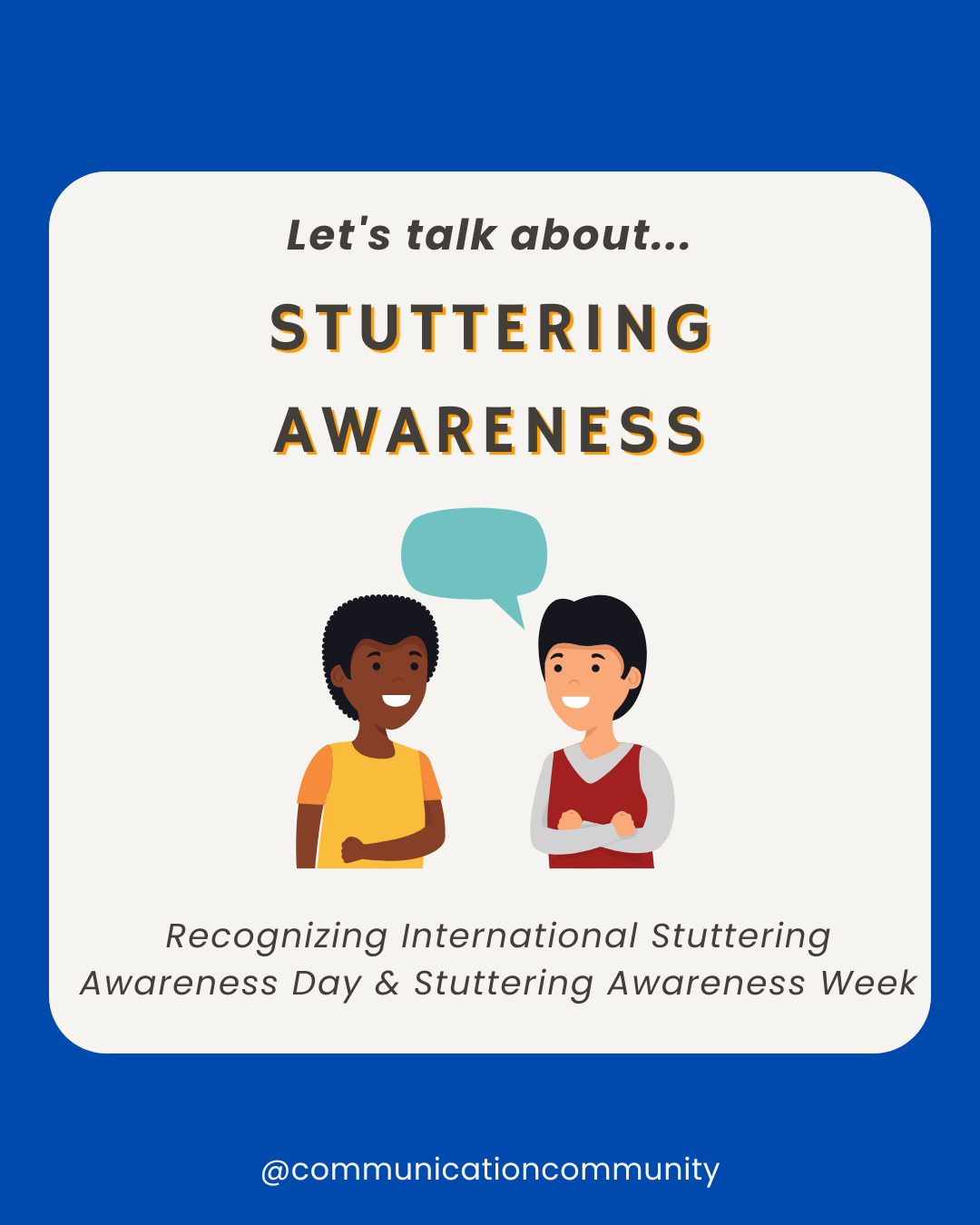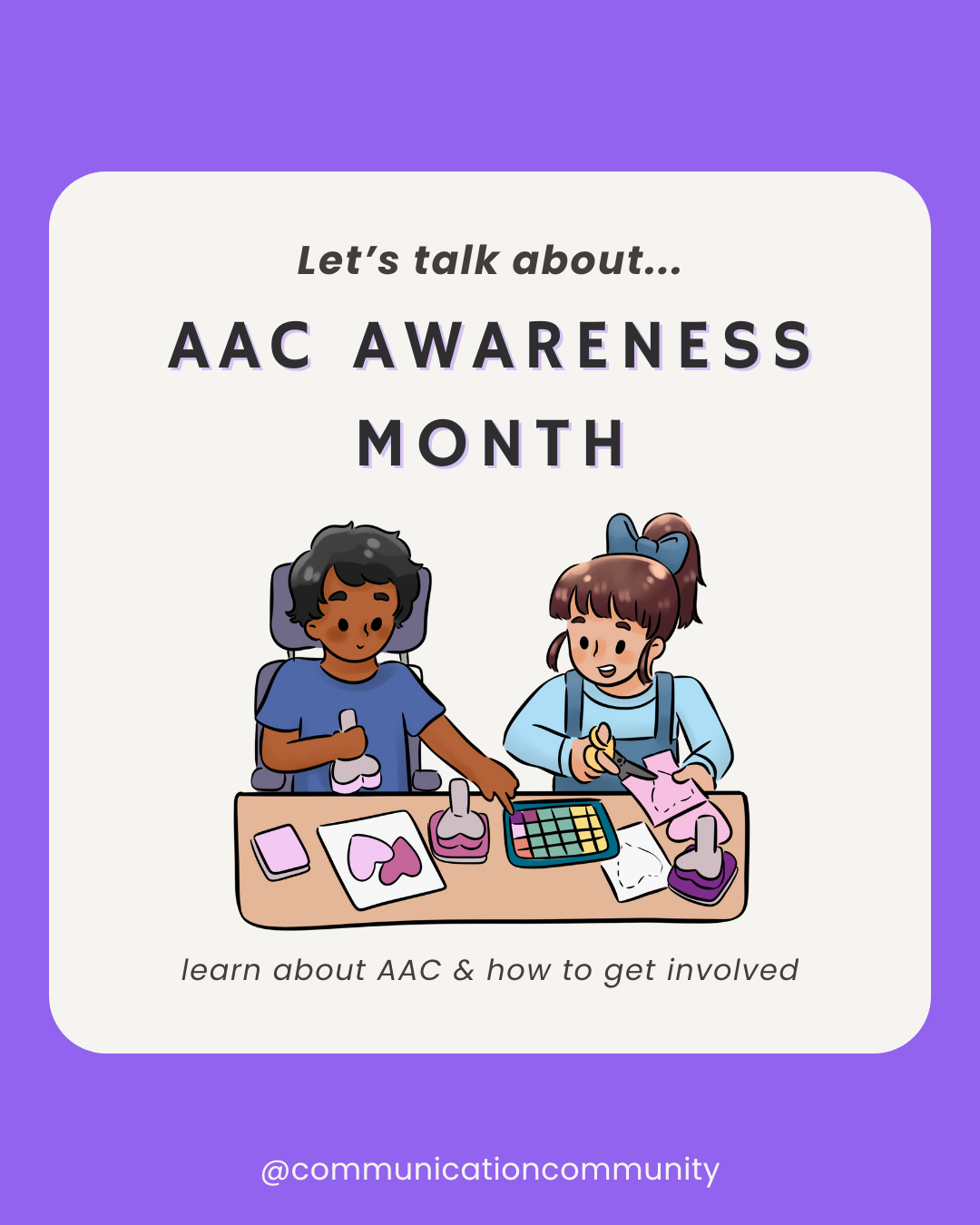In recent years, the ways in which children engage in leisure activities have drastically shifted. As we have entered and immersed ourselves in the digital age, media has proliferated most aspects of our lives - just look in front of you!
The word blog, derived from weblog, was not even a “thing” until this century. The time we spend with them looks a lot different than it did in the past; digital media being one of the major influences. It has been reported that on average, children under two years of age spend 2 hours per day looking at screens. Screens include computers, tablets, phones, televisions, etc. - they are pretty much everywhere. When I first read that statistic, it sure seemed like an awful lot of time very young children were exposed to interfaces so technologically advanced, with little or no social engagement. So it made me think, what does this mean for our children? Where are the boundaries here?
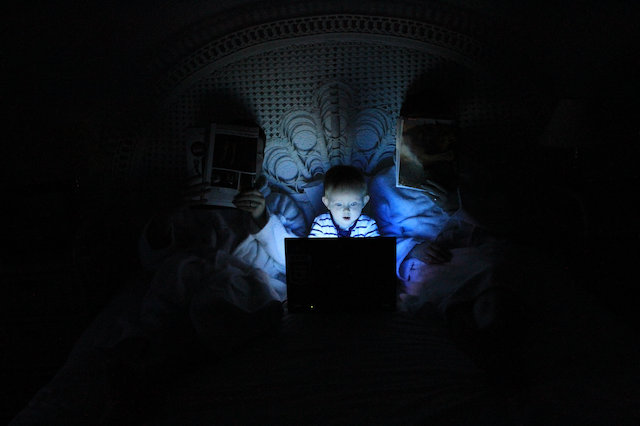
One of the most important messages I would like those reading to take away is that The American Academy of Pediatrics (AAP) advises that children under 18 months of age should NOT be engaging in any screen time. This includes watching TV or using a tablet (e.g., iPhone, iPad, Kindle). But what’s the big deal?
Another important message is this: there is no judgment if your child engages in more screen time than suggested. We understand that parents and caregivers are juggling (what feels like) a million things at once and sometimes screen time is what gives.
Clinical and Developmental Implications of Screen Time
During the first few years of a child’s life, they go through what is referred to as the Critical Period. During this time, a typically developing child’s cognitive skills are rapidly increasing; part by natural development and part by environmental stimuli (e.g., sharing toys with their peers). Children who spend a good portion of this period absorbing screen time and digital media are affected because it has unnaturally supplemented/removed these environmental stimuli.
Therefore, young individuals who have an overexposure to screen time may see effects in the following areas:
Social Development
I think this one goes without saying. As your child gets older, they are rapidly developing speech, language, and pragmatic skills (aka social skills). A large part of these skills are developed from exposure to “live” and diverse language models (e.g., family, teachers, members of the community, etc.), as well as the interactions they have with their peers. It can be harder for toddlers to learn communication skills with others through screens. They don't support the same time and processing an authentic social interaction would provide.
Coping Skills
A child who regularly uses their parent’s iPhone or tablet to “self-soothe” or calm down following a tantrum or crying fit does not have the opportunity to develop independent coping skills. The ability to emotionally regulate oneself is something that develops in early childhood and is essential to having a healthy well-being. It can have effects on the way your child navigates social-emotional relationships, interactions, and external conflicts (e.g., losing a toy or spilling their juice).
Parent-Child Relationships
This goes both ways. There have been studies that suggest parents’ overuse of their tablet/mobile device can negatively affect the verbal and nonverbal communication between them and their child. It also presents a communicative model that can be misinterpreted by young observers. A young child may interpret a social setting, like eating at the dinner table, differently if both parents are on their phones half of the time. Young children who independently over-engage with digital devices may also miss interactive face-to-face opportunities with their parents, like shared book reading.
Sleeping Habits
There have been numerous studies that have linked poor sleep and eating habits to over-exposure to screens. Infants who have been exposed to screens shortly before going to bed may show a decrease in hours slept per night. This decrease is also suspected for children who are overly exposed to digital media and who have screens in their bedrooms. Sleep is critical for physical, mental, and social well-being, so getting less than adequate sleep is detrimental.
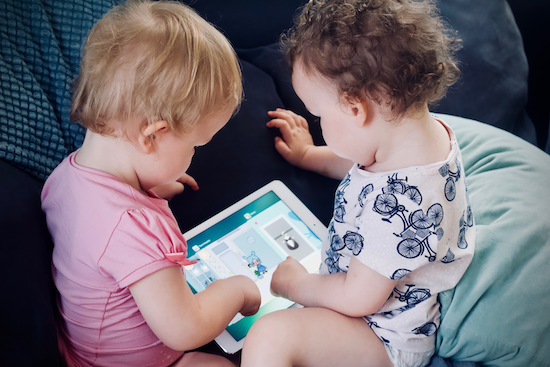
Let’s face it, we are all human, and shielding your kids from technology for the rest of their lives would not be the best strategy for them either - it’s a cultural norm! Technology also has tremendous positive benefits (just take AAC for example!) - but it is true what they say - everything in moderation. The AAP recommends*:
| Age | Recommendation* |
|---|---|
| 0 to 18 months | no screen time; excluding interactive, video calls with supported adult guidance (e.g., FaceTime) |
| 18 to 24 months | while it is not explicitly advised by all medical affiliations, if exposed, programming should be supported, high-quality and interactive - think: Sesame Street |
| 2 to 5 years | one hour or less of supported, high-quality programming |
*It should be noted that for all of the above ages, it is implied that co-viewing with an adult is directly recommended. This means you are with your child as they have their “screen time,” and are able to talk about what they are observing. By doing so, you will best support your child’s interpretation and communicative understanding of the content.
Citations/further resources:
https://blog.asha.org/2018/02/26/help-families-find-a-screen-time-balance/
https://leader.pubs.asha.org/doi/10.1044/leader.RIB1.22082017.16
https://leader.pubs.asha.org/doi/10.1044/leader.AAG.23072018.26
http://www.center4research.org/young-children-screen-time-tv-computers-etc/

